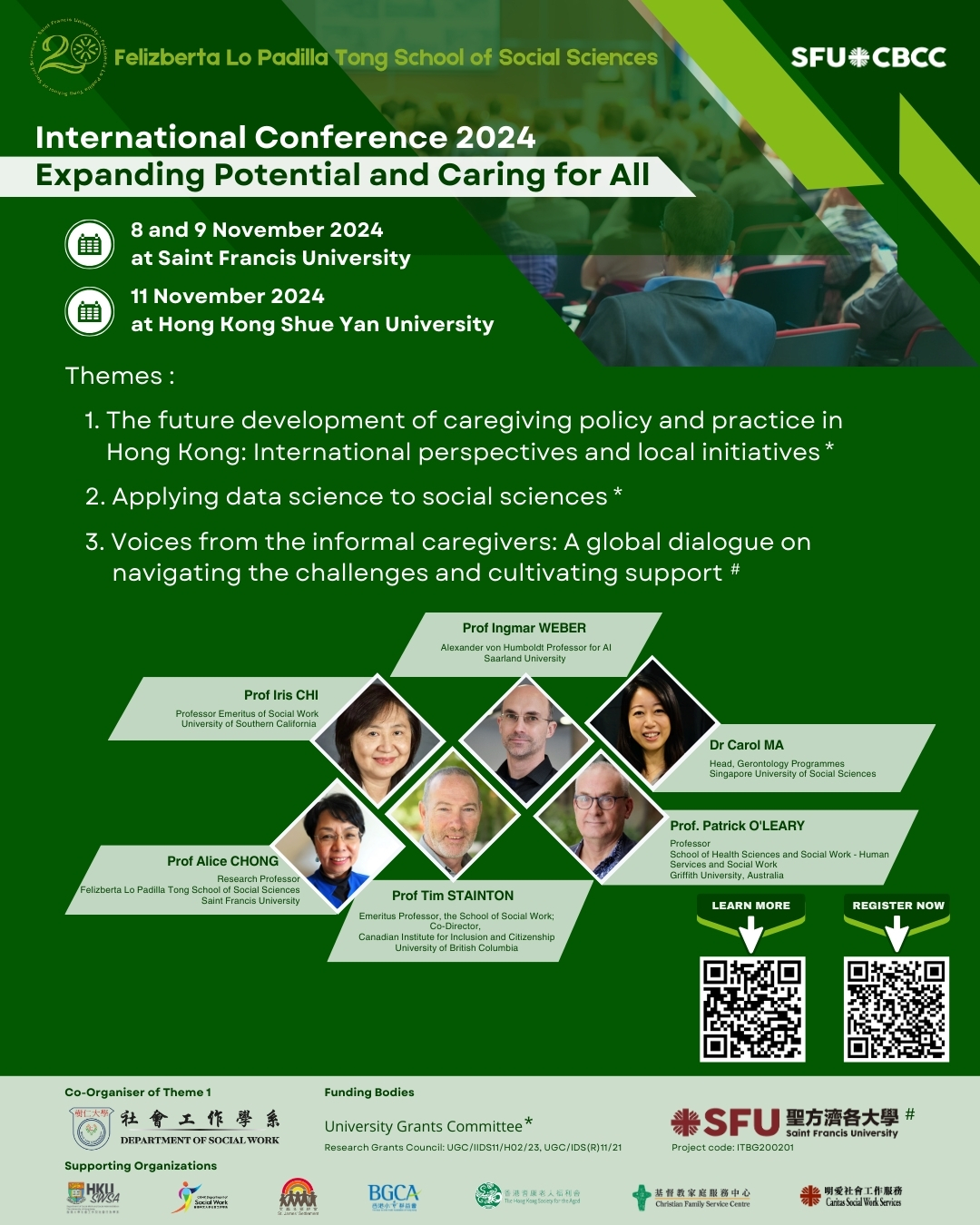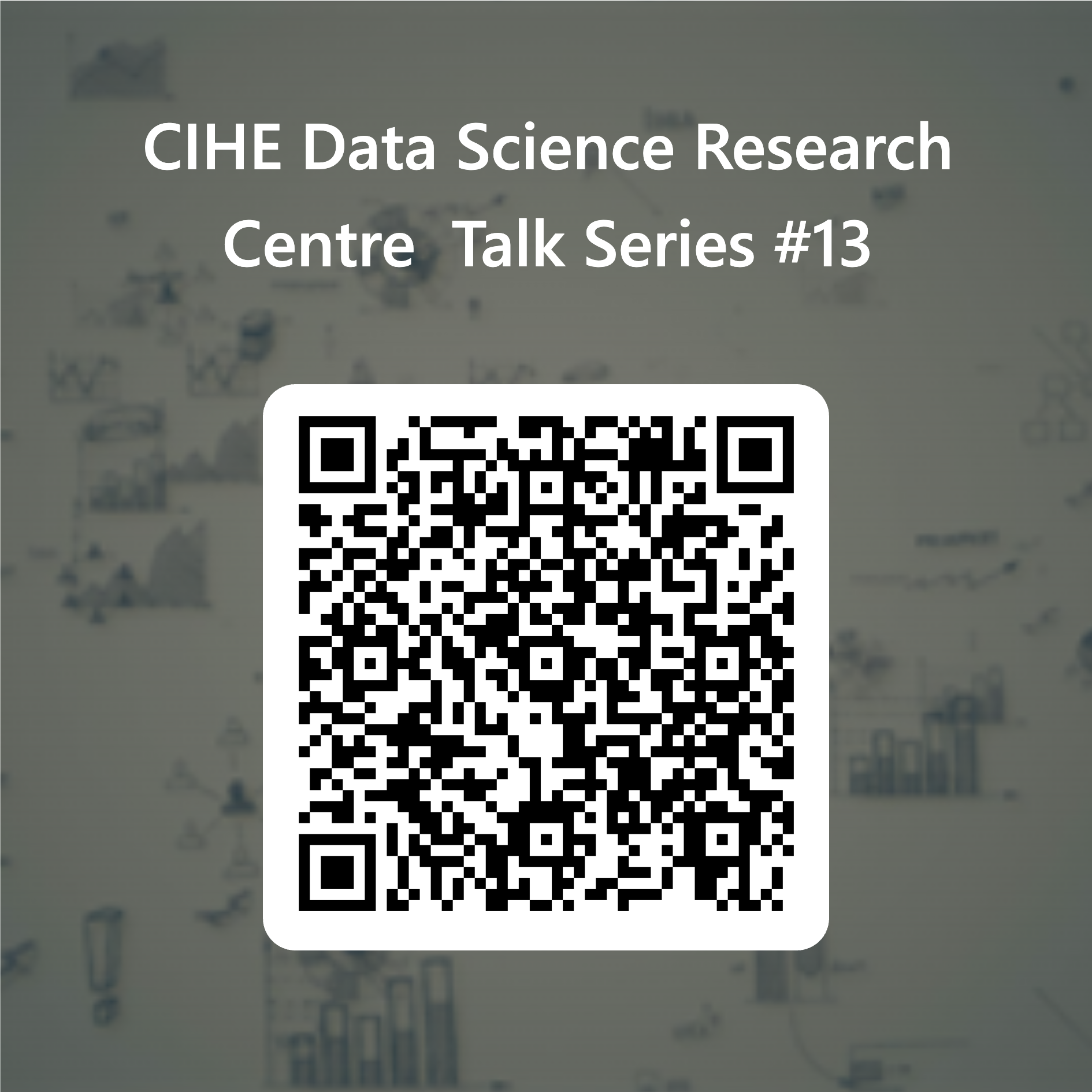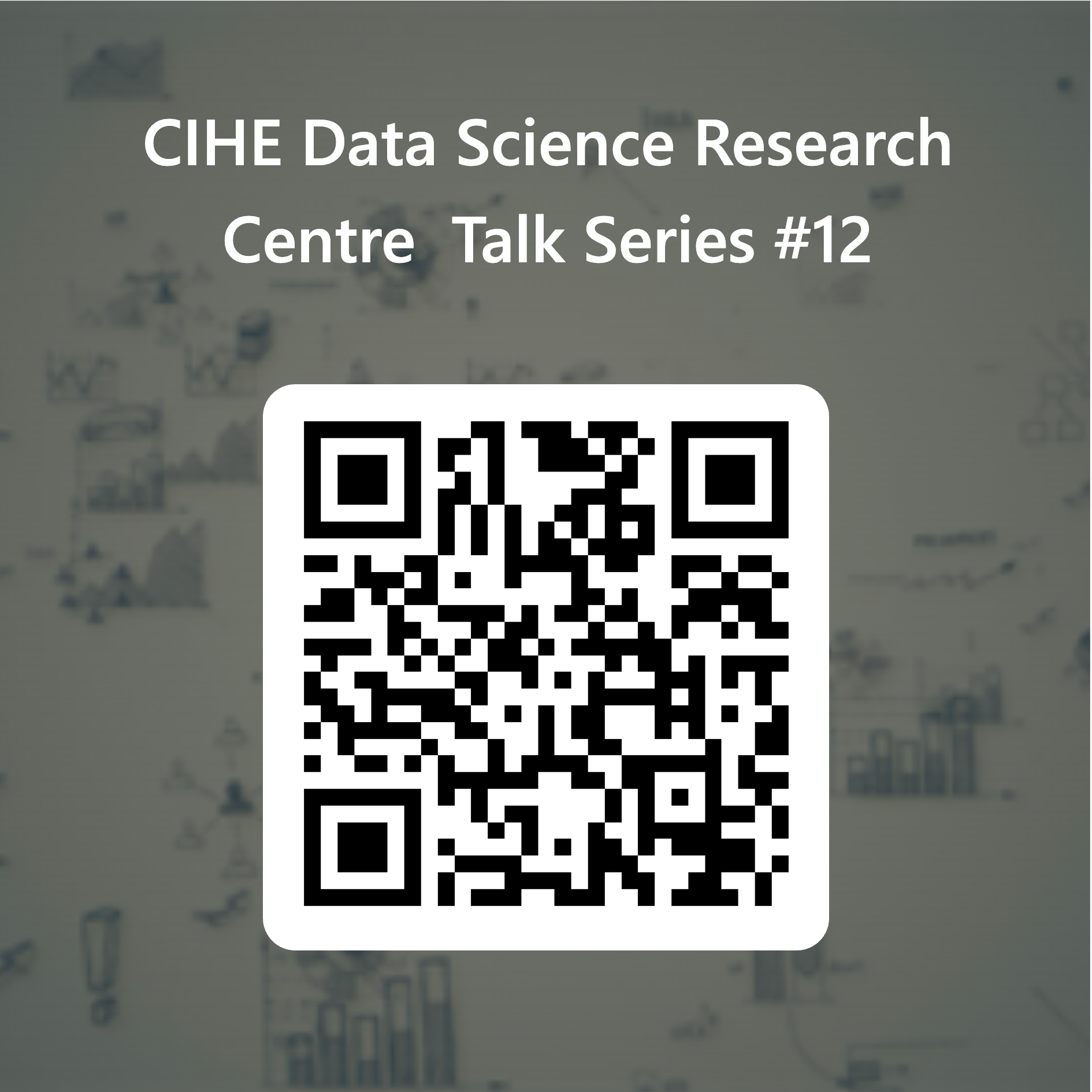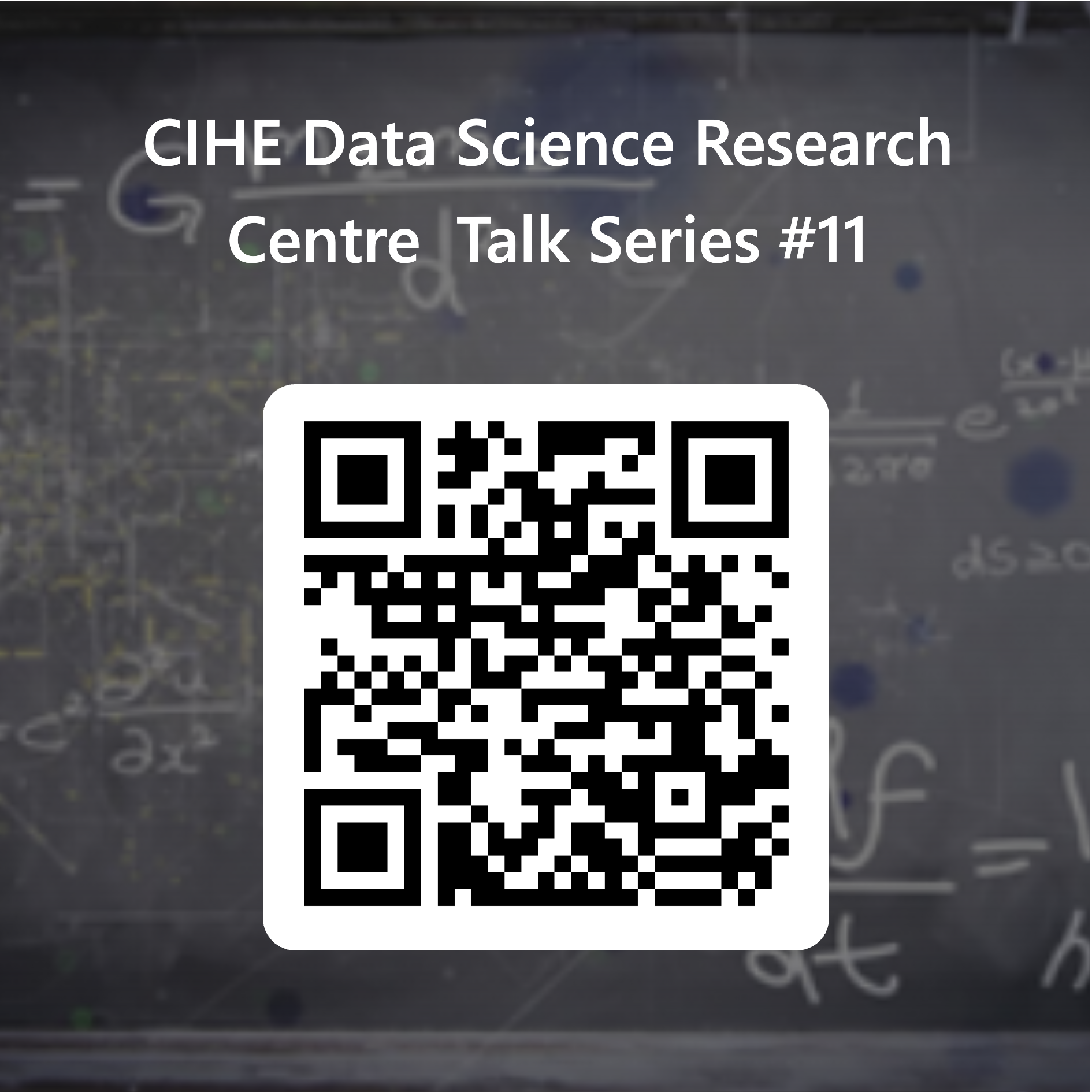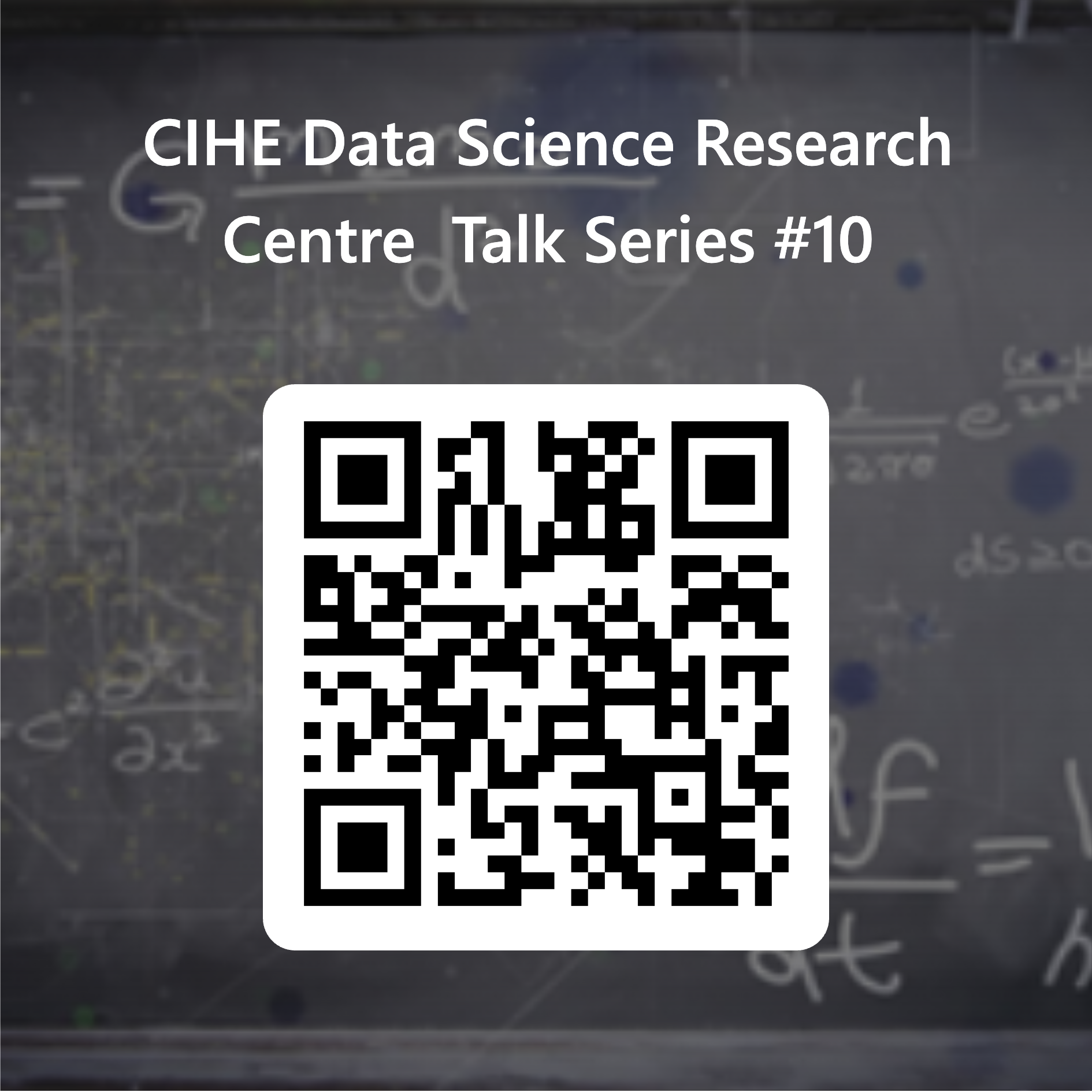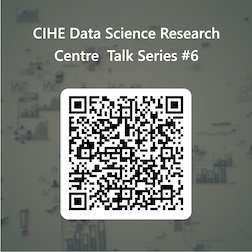Memory is Medicine: Spatial Behavior Intervention for Frail Older adults in Hong Kong
Head, Thrust of Urban Governance and Design
The Hong Kong University of Science and Technology (Guangzhou)
Dec 27, 2024, 2:30pm (Hong Kong)
Room 1002 CBCC and by Zoom
Enquiry: dsrc@sfu.edu.hk
All are welcome
Abstract:
In this seminar, Professor Ge Lin Kan presents a behavioral intervention approach to slow the progression of Alzheimer's disease. Studies have shown that over half of Alzheimer's patients experience significant impairments in spatial memory and navigation, largely because the hippocampus is often the first region to be affected by the disease. Kevin Lynch, an urban theorist, speculated that elements of a city exist in the human brain at the cellular level, triggering studies of mental maps and spatial navigation in geography and neuropsychology. Based on the findings of place cells, direction cells, and border cells in both animal and human brains, Professor Kan has designed an integrated spatial navigation intervention for nursing home patients in Hong Kong to help them recognize familiar places in previously well-known environments. He will report some preliminary and promising results.
Biography:
Professor Ge Lin Kan is the Head of Thrust of Urban Governance and Design at The Hong Kong University of Science and Technology (Guangzhou). He received his PhD in Geography from The State University of New York in 1996. Prior to joining HKUST (GZ) in January 2022, he was the Professor of Department of Environmental and Occupational Health, School of Public Health at University of Nevada, Las Vegas (UNLV). He served as the Director of UNLV Nevada IDeA Network of Biomedical Research Excellence (2015 and 2016), and he was the Director (2011-2014) and Senior Scientist/Consultant (2015-2021) of Nebraska State Joint Public Health Data Center. His research interests include GIS, spatial epidemiology, data integration, aging and urban health, metaverse. His work has appeared in Journals such as Journal of Geographical Systems, Atmosphere, Journal of School Health, Geographical Analysis, Journal of Maternal-Fetal & Neonatal Medicine, The Journal of Rural Health and Health Informatics Journal.
Register at: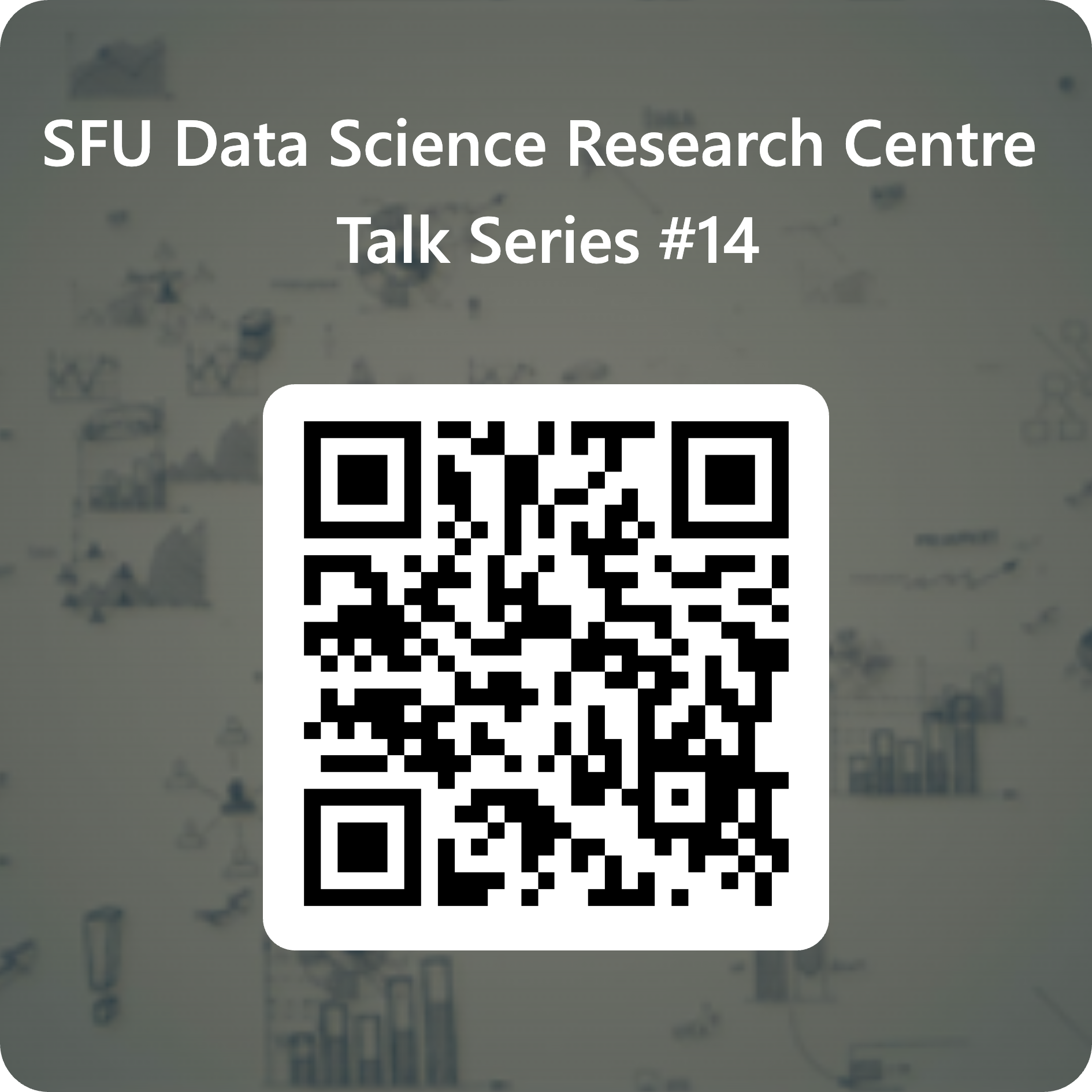
https://forms.office.com/r/HDBEbHF5mp
